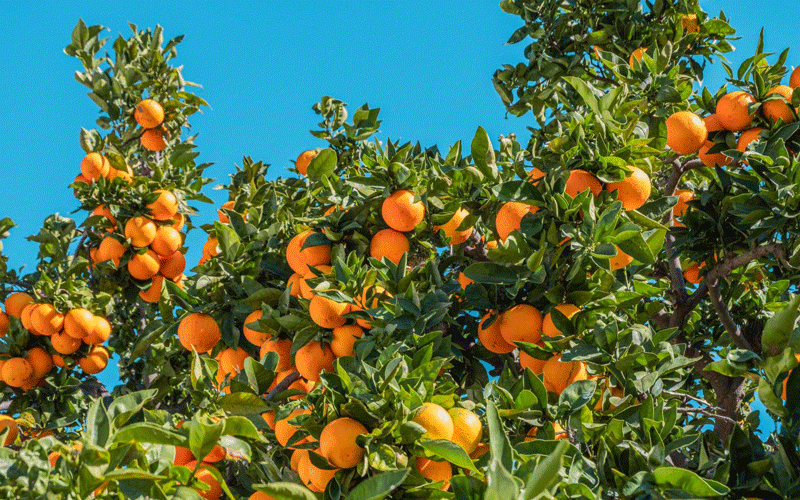
THE Competition and Tariffs Commission (CTC) has slapped Interfresh Limited, a local diversified agri-business concern, with a US$50 000 (ZW$33,1 million) penalty for failing to comply with the commission’s notification requirements.
In February 2022, the commission received notification of the post-acquisition of 100% shareholding in Interfresh Mauritius Limited (IML) by Abdel Hadi O. R Abuseedo (Abuseedo), which in turn owns 75,4% of Interfresh Limited (Interfresh).
Abuseedo and his family own Abuseedo Trading Establishment (Abuseedo Trading), which was set up in 1973 in Dubai, United Arab Emirates. The company is a large-scale wholesaler of fresh produce, particularly fruits and vegetables.
Abuseedo Trading distributes its fresh produce in the Middle East and Northern African region. Interfresh is an integrated agro-processing business involved in citrus fruit production through the citrus plantations, manufacturing of cordials, nectars and concentrate production.
It is also into horticulture and cereal crop farming. Interfresh stands to benefit in this transaction through graining financial resources to fund future growth of the business through purchase of new capital equipment for processing of citrus fruit juice concentrate.
“The commission noted that parties to this merger did not comply with the notification requirements set out in section 34A of the Act and were liable to a penalty of US$50 000 or ZW (Zimbabwe dollar) equivalent, '' CTC said in its latest report.
“The commission then approved the merger without conditions as there was no substantial lessening of competition in the market and that Interfresh pays a penalty of US$50 000 or its ZW equivalent.”
The commission, according to the report, identified the relevant market as the production and distribution of citrus fruits to the global market and the production and distribution of citrus juice concentrated in the Zimbabwean market.
- Interfresh slapped with a ZW$33m fine
- Minister talks tough on anti-competitive practices
Keep Reading
It classified the merger as a vertical merger with horizontal linkages because the acquirer is part of an organisation, which offers wholesale of fresh produce in the United Arab Emirates whilst the target also does the same to both the local and export markets.
CTC assessed the theories of harm that are prone to vertical mergers, which are input and customer foreclosure as well as theories of harm prone to horizontal mergers, which are unilateral and coordinated effects.
The analysis revealed that the merger was not likely to result in input foreclosure as the acquirer is not a local wholesaler and the merger was likely to lead to efficiencies being generated to the benefit of both the acquiring firm and the Interfresh.
Furthermore, all the benefits of customer foreclosure as a result of vertical integration are not feasible to be utilised by parties to this transaction due to geographic differences.
“The acquirer is a wholesaler with potential to eliminate the processing of juice concentrate but the developments taking place within the target are such that there is capital equipment injection worth more than US$300 000 and an improvement of output by more than 100% in 2021 in comparison to the previous year,” it said.
“These developments were hailed by some of the target’s customers as they received more concentrate.
“The analysis further revealed that the merger was not likely to result in unilateral and coordinated effects as the parties are in different locations geographically, with Abuseedo selling its citrus fruits through Abuseedo Trading in the Middle East and Northern Africa (Mena) region whilst Interfresh is selling in Zimbabwe.”
From the analysis and stakeholder consultations, it was established that the transaction had not substantially lessened competition nor did it create a monopoly situation contrary to public interests but rather ushered in efficiencies to the relevant markets.







